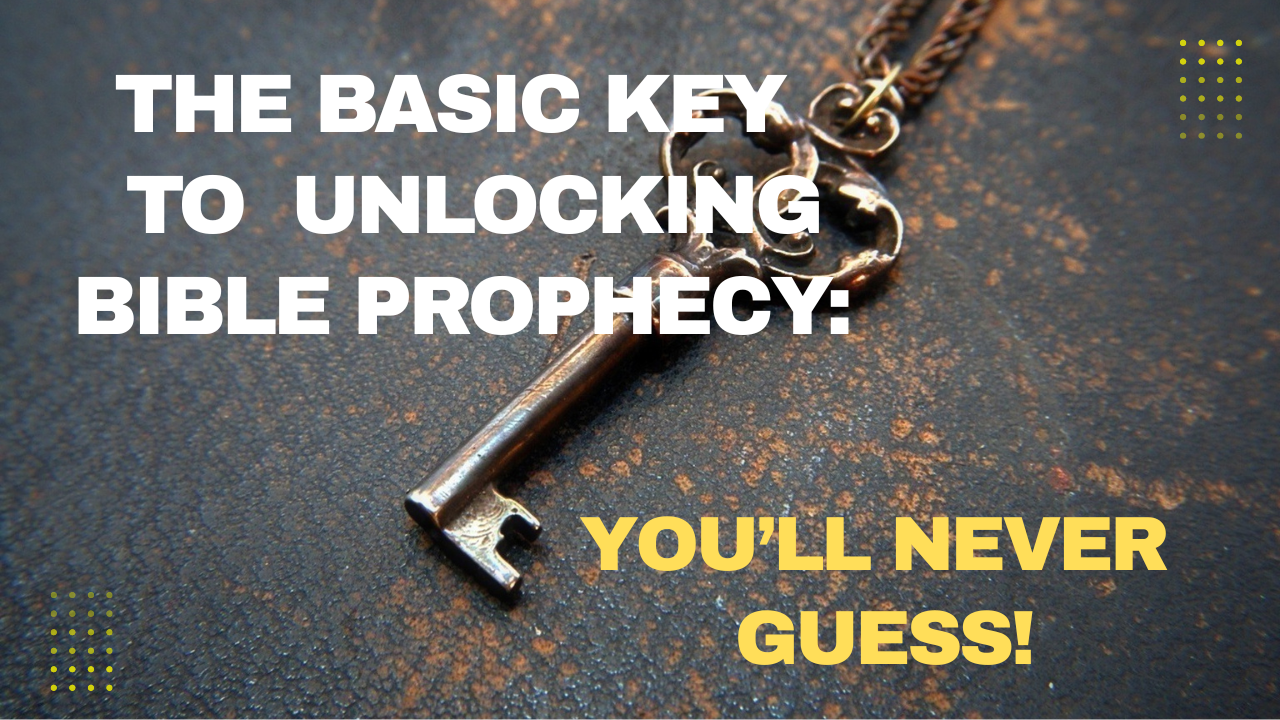Future Hope (Lesson 4) Old Testament Hope Day 2: I will See God
Life seems so unfair. It appears that some people suffer more than others. Even worse is that unrighteous people seem to prosper and get all the breaks while the righteous live a life of hardship and pain. Job was a righteous man, but he experienced many calamities, difficulties, trials, and hardships. Life got so bad for him; he wished he had died at birth. But did he take his life? Where was his hope?
Watch Past and Present Lessons at SabbathSchoolDaily.com
Sin, Evil, Death, Dying, and What Happens After We Die
This series addresses an age-old concern that we all have: the concern for sin, evil, death, and what happens after we die. Is there hope after death? When God created us, humans, he intended for us to live forever in a loving relationship with him. But this relationship has been broken by sin.
Here, we address the origin of sin and look more closely at death and dying.
But, instead of looking at death negatively, we look at it in the context of hope, the promised hope based on what Jesus did for us when he died and came back to life again.
From the Sabbath School Adult Bible Study Guide 2022 Quarter 4: Sabbath.School
See also Hope Sabbath School and 3ABN Sabbath School
Visit SabbathSchoolDaily.com for more videos like this one.
Inviting God’s Presence
Holy Father, amid the pain and hardship that life brings us, give us the ability to endure. In Jesus’ Name Amen
Despite all his hardships and pains, Job was convinced that his Redeemer lived; he would see Him and be relieved from all his sufferings. But when?
Job 19:25–27 gives us the answer.
25 For I know that my Redeemer lives, And He shall stand at last on the earth;
26 And after my skin is destroyed, this I know, That in my flesh I shall see God,
27 Whom I shall see for myself, And my eyes shall behold, and not another. How my heart yearns within me! (Job 19:25-27)
In comparison to Job’s expectation, John 1:18
Let us know that 18 No one has seen God at any time. The only begotten Son, who is in the bosom of the Father, He has declared Him.
And I Timothy 6:16 confirms God
16 who alone has immortality, dwelling in unapproachable light, whom no man has seen or can see, to whom be honor and everlasting power. Amen. (I Timothy 6:16) Yet in his hardship, Job expected to see God face to face someday. But when?
No, Life isn’t fair. Often, good people suffer while evil people prosper. The Psalmist, a songwriter of ancient times, observed this and expressed it in a song:
Psalm 73:12-17
12 Behold, these are the ungodly, Who are always at ease; They increase in riches.
13 Surely I have cleansed my heart in vain, And washed my hands in innocence. (Split)
14 For all day long I have been plagued, And chastened every morning.
15 If I had said, “I will speak thus,” Behold, I would have been untrue to the generation of Your children.
16 When I thought how to understand this, It was too painful for me—
17 Until I went into the sanctuary of God; Then I understood their end. (Psalm 73:12-17)
The prophet Malachi speaks of the problem in Malachi 3:14-18 but offers reassurance that the bad circumstance of the righteous would not last forever and the wicket’s prosperity would come to an end.
14 You have said, ‘It is useless to serve God; What profit is it that we have kept His ordinance, And that we have walked as mourners Before the Lord of hosts?
15 So now we call the proud blessed, For those who do wickedness are raised up; They even tempt God and go free.’ ”
16 Then those who feared the Lord spoke to one another, And the Lord listened and heard them; So a book of remembrance was written before Him For those who fear the Lord And who meditate on His name.
17 “They shall be Mine,” says the Lord of hosts, “On the day that I make them My jewels. And I will spare them As a man spares his own son who serves him.”
18 Then you shall again discern Between the righteous and the wicked, Between one who serves God And one who does not serve Him. (Malachi
3:14–18).
Malachi was offering encouragement to those who observed the prosperity of the wicket. He assured the righteous that the day would come in which they would receive their reward. But when?
Job “was a good man, he was honest. He respected God and refused to do evil” according to Job 1:1, ERV.
Nevertheless, God allowed Satan to attack Job in several horrible ways. We see in Job 2:1-8 Satan was allowed to attack Job physically with painful sores all over his body.
According to Job 1:13–17, he attacked Job materially; he lost a large portion of his livestock and properties.
And, if that was not enough Job 1:16 and 18 let us know that Satan attacked Job’s family. He lost his servants and his children.
And emotionally, he was surrounded by friends who accused him of being a sinner; they concluded that all his hardship was because he had sinned, and they thought God was angry with him. You can read about this in Job 4:1–Job 5:27; Job 8:1–22; Job 11:1–20, and much though out the remainder of Job.
To add insult to injury, Job’s own wife said
to her husband, “ ‘Are you still holding on to your faith? Why don’t you just curse God and die!’ ” (Job 2:9, ERV).
Job doesn’t realize that he is in the middle of a cosmic war between God and Satan. Job’s suffering is terrible. When does he see God?
In Job 3:1–26, we find that Job even wishes he was never born. But the one thing is that despite all that was happening around him, Job refuses to stop trusting in God.
This is evident when he says, “ ‘I will continue to trust God even if he kills me’ ” (Job 13:15, ERV).
While expecting his life to end soon, he held on to the idea that death would not be the end for him. He would see God. But when?
Job believed that he would see God in his own flesh with his own eyes someday. This we see from Job 19:25–27
25 For I know that my redeemer liveth, and that he shall stand at the latter day upon the earth:
26 And though after my skin worms destroy this body, yet in my flesh shall I see God:
27 Whom I shall see for myself, and mine eyes shall behold, and not another; though my reins be consumed within me. (Job 19:25–27)
One Bible Commentary says, “These verses show us proof that Job believes in the resurrection. That is, Job believes that God will wake him up from the dead.”—The SDA Bible. Commentary, volume 3, page 549, adapted.
The belief in the resurrection and Job’s faith that God would wake him up in the latter days gave Job hope in his suffering. Job was surrounded by sickness and pain, economic collapse, social reproach, and emotional breakdown. However, in his sickness and pain, Job never lost his hope of seeing God. His wife had lost her confidence in him and her faith in God. His friends thought the worst about him. Job’s heart is broken. But Job doesn’t give up the hope that God will raise him up; when?
In the “latter day upon the earth”.
Amid his hardship, Job anticipated the day when he would rise from the dead and see with his own eyes God, his beloved Redeemer. On that day, Job will look into
the face of his loving Savior.
Job’s heart is filled with the same hope that filled Martha’s heart thousands of years later when she said to Jesus “ ‘24 I know that he [Lazarus] shall rise again in the resurrection at the last day. (John 11:24).
Both Job and Martha, by faith, claimed the promise of the resurrection. They believed that God would raise the dead to life again.
Martha received powerful proof of this when Jesus called her dead brother Lazarus from the grave. But Job and many who went before him and those who have gone after him went into the grave holding on to the promise that God would raise them from the grave in the latter day.
Job’s story is a compelling testimony that despite what we go through in this world, we can be sure that if we die believing in God, we will be raised to life again in the latter day.
How much power does the grave have? And who has the power to command our release from it?
Find out in Day 3: From the Power of the Grave
Watch Our Past and Present Lessons @














Post Comment